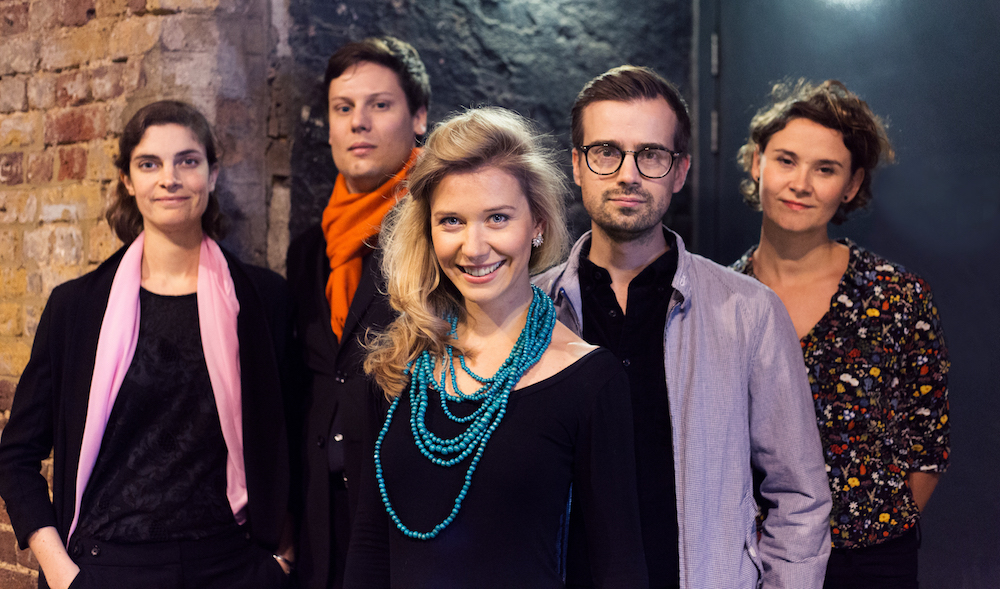Versailles
We are sure some of our readers will have become hooked on the sumptuous BBC period drama focusing on King Louis XIV and the building of his great palace at Versailles. Two of the composers featured in our next concert worked during the decadent and turbulent reign of the Sun King.
In the French court of King Louis XIV, music and the arts were used to portray the king as a brilliant god-like figure of absolute importance to the state. Throughout the course of his life, Louis XIV developed into an accomplished performer and a generous patron of the arts. With the help of his ministers and court composers, he used art as a tool for political gain.
Jean-Philippe Rameau (1683 -1764) was one of the most important French composers and music theorists of the Baroque era. He replaced Jean-Baptiste Lully as the dominant composer of French opera and is also considered the leading French composer for the harpsichord of his time, alongside François Couperin.

Jean-Philippe Rameau
Coming from a musical family, Louis-Nicolas Clérambault (1676 – 1749) was best known as a composer and under Louis XIV became organist at the church of the Grands-Augustins. Subsequently, he took charge of the music at the church of Saint-Sulpice and the royal house of Saint-Cyr. It was in this post that he developed the genre of the “French cantata” of which he was the uncontested master.

Louis-Nicolas Clérambault

The Water Terraces at Versailles
Hear the music from the France of the Sun King along with composers from England, Germany and Italy in Baroque Tales. Your ticket includes a complimentary Baroque-themed cocktail with canapés to ensure our summer musical party goes off with a swing.

Musica Poetica
Performing on period instruments, Musica Poetica is an early music ensemble dedicated to bringing early music to new audiences in extraordinary venues. With a reputation for energetic and engaging performances of repertoire from Monteverdi to Mozart., they have been praised for their “constantly upbeat brilliance and dynamism”. The five core members of Musica Poetica present a line up of violin, cello/viola da gamba, keyboards, soprano and bass-baritone vocals.



